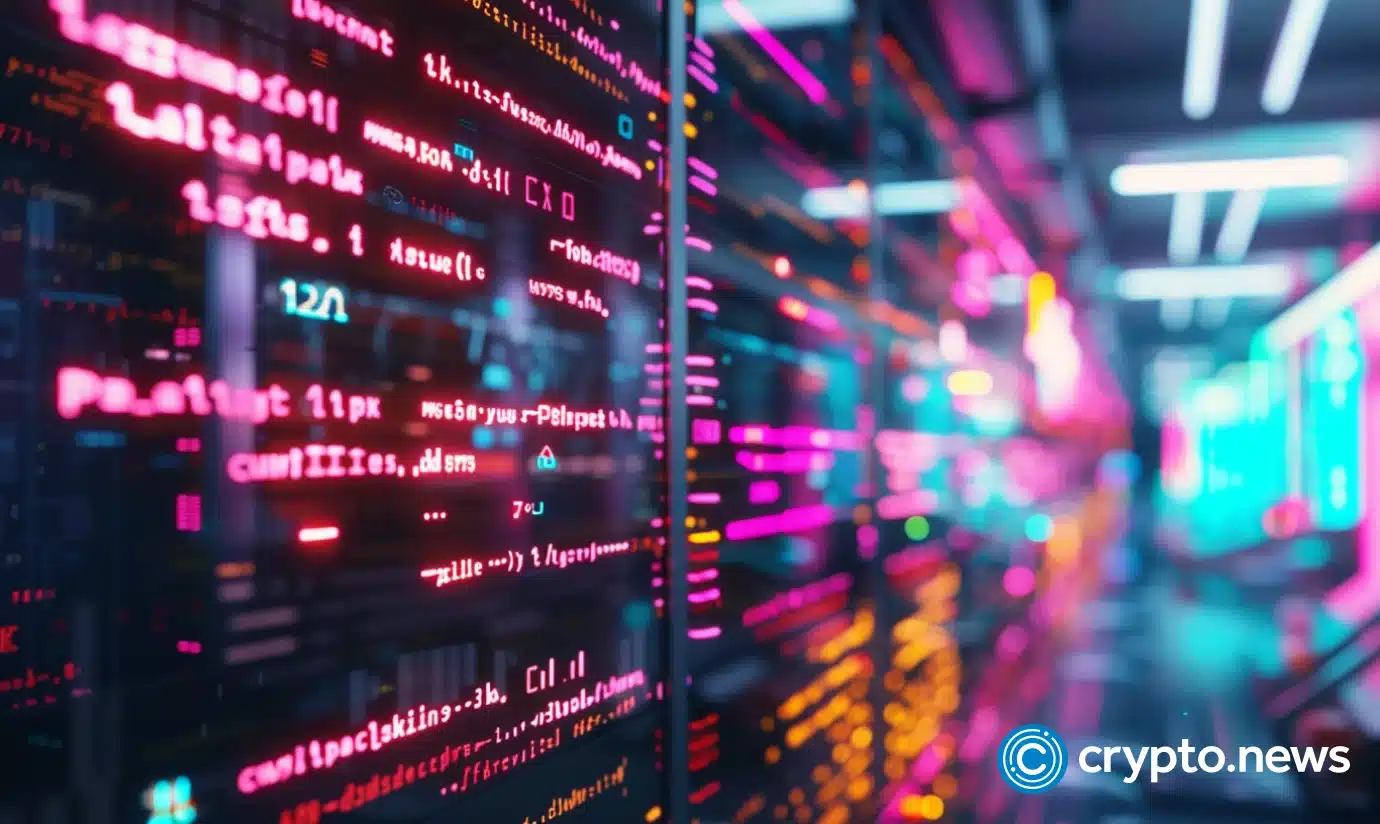

Blockchain startup 5ire has rolled out its mainnet after a successful testnet phase, aiming to redefine blockchain’s environmental impact.
Layer-1 blockchain platform 5ire has launched its mainnet following a successful testnet phase, advancing its mission to drive environmentally sustainable blockchain development. In an Aug. 15 press release shared with crypto.news, 5ire stated that the launch comes after its testnet recorded over one million on-chain transactions in its first month.
The network claims it can process up to 1,500 transactions per second, returns 50% of gas fees to users, and features a sustainable Proof-of-Stake mechanism that rewards environmentally conscious practices.
The platform’s dual-chain architecture — compatible with Ethereum’s virtual machine — allows developers to create decentralized applications with a positive environmental impact, the press release reads.
“Our primary goal is to build a long-term, sustainable product with a proven track record.”
Pratik Gauri, 5ire co-founder
Ecologically friendly blockchain
The network leverages its native token, dubbed “5ire Coins,” to incentivize users to join 5ire as validators or nominators. While validators can earn rewards by verifying transactions and producing new blocks, nominators can earn rewards by selecting and backing validators with their staked 5ire Coins, according to the press release.
The firm claims that reward distribution is based on “adherence to the network’s protocol” and a commitment to sustainable practices, aligning with the U.N. Sustainable Development Goals. The project also boasts partnerships with various institutional clients, including the Government of India, which is integrating the platform into its school curriculum.
This launch follows 5ire’s $100 million Series A funding round two years ago, led by Sram and Mram, which elevated the startup’s valuation to $1.5 billion, making it one of the world’s first sustainable blockchain unicorns in India. The firm plans to use the funding to expand its operations across Asia, North America, and Europe.

